Flexible work: it’s a disaster?
Flexible work arrangements are pretty attractive, but they are also really good for you and for whatever organisation you work in.
Flexible work arrangements are pretty attractive, but they are also really good for you and for whatever organisation you work in. I’m sure most people are well aware that flexible work increases wellbeing and work-life balance, but did you know it also promotes organisational commitment and job satisfaction? The psychology of this is really easy to understand; being able to work flexibly makes us feel valued and trusted, and enables us to have a more holistic approach to our own wellbeing. The bottom line is that we are happier in work and when we are treated as individuals with complex lives, rather than simply workers.
Even government policies are being updated to reflect a new appreciation for the importance of flexible work. Last year the NZ Employment Relations Amendment Act (2014) came into effect and it included a variety of flexible provisions aimed to improve labour participation and to better reflect modern lifestyles. So it is now your right to request flexible work (hours, location, structure) at ANY time from your 1st day of employment and your employer must have recognised business grounds for declining.
Yet flexible working arrangements tend to be more of an on-paper policy than they are a reality of our working lives. In fact, a study undertaken after the ERA changes came into effect found that most people weren’t aware of their rights and many did not take any advantage of them (even though they wanted to). That’s all well and good when it isn’t causing anyone harm (although it can be argued that lack of flexible work causes many difficulties for the most at risk workers), but what about when lack of flexible work puts people in an unsafe environment?
Following the recent natural disaster in NZ and how quickly we all rushed back into the Wellington CBD, it is time to ask: did Wellington workers return to their potentially unsafe workplaces because flexible working options were not available to them? Were they put at risk because we do not yet have the culture or infrastructure to effectively enact the recent ERA changes? And… should we have known better? After the CHCH earthquake researchers from Victoria University of Wellington examined the importance of flexible work as a strategic tool in business continuity planning (BCP) following a natural disaster. However, the lessons learned somehow did not translate into the future proofing of business as usual following the earthquake felt acutely by Wellington organisations.
Did we all go back to work so quickly because we couldn’t work from home, or didn’t want to? What we do know is that both employers and employees fear flexible work. Employees because they are afraid that they will perceived to be less committed to their careers, have a lower work ethic, or that they will be discriminated against. Employers because they think people may abuse policies, that policies may prioritise the needs of some employees over others (leading to unequal treatment), and that there will be difficulty in supervising or monitoring work. These fears are all actually in contrast to the findings that flexible work increases productivity and that flexible arrangements are desired by all segments of the workforce (yes men want them as much as women!).
Isn’t it time that we considered, with the real intention of follow-through, how to best implement flexible work for everyone without any negative repercussions? It shouldn’t need a disaster to start to think about this, flexible work needs to be a part of a workplace wellness strategy right now. We are lucky that few were injured as a result of the earthquake, but only a proactive strategy will keep us all safe and well in the future, while allowing business to be carried out as usual. The responsibility is on organisations to create a culture where there is no fear of working outside of the norm and where work life has different boundaries than what it previously has had.
- Jaimee

